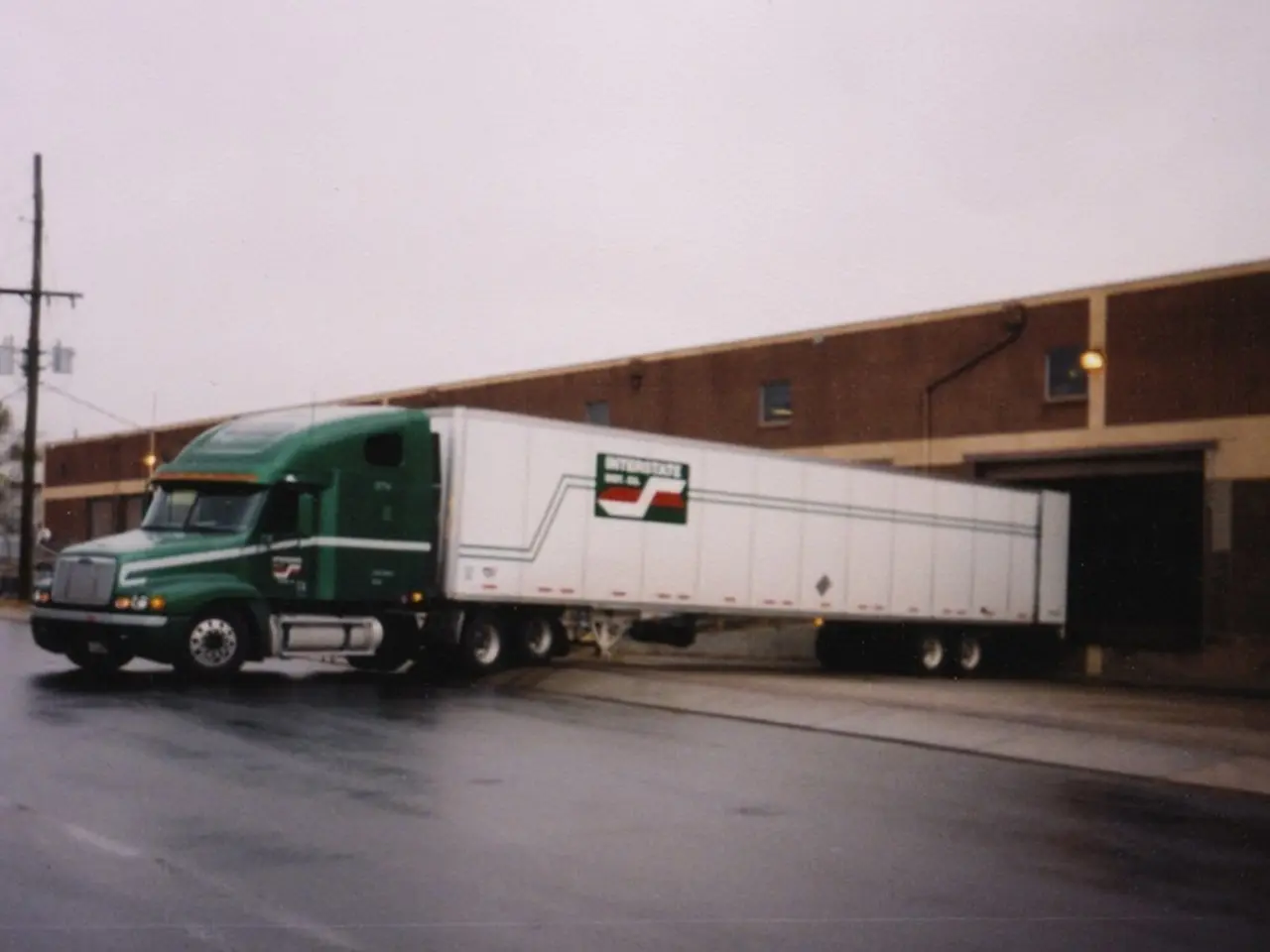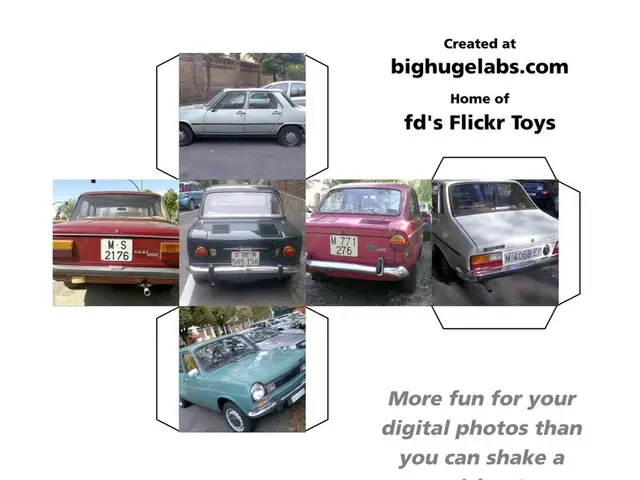Energy demand sees a surge as electric trucks become popular
In the rapidly evolving world of transportation, the electrification of trucks is not just a trend, but a shift that promises significant implications for energy consumption, infrastructure, and charging technology. This transformation presents opportunities that need to be seized, and governments and industries are taking notice.
By 2040, specific companies may not yet have the capacity to meet the rising electricity demand caused by the electrification of heavy trucks. However, Germany as a whole faces significant grid capacity challenges due to this trend. To address this, the German government has planned an extensive expansion and modernization of the electricity transmission grid. This includes installing 4,800 kilometers of new high-voltage lines, strengthening 2,500 kilometers of existing lines, and establishing additional high-voltage direct current corridors (power highways).
Moreover, large-scale deployment of renewable energy sources like photovoltaics is targeted with an installed capacity goal of 400 gigawatts by 2040 to support the increased load. Efforts focus on infrastructure expansion, modernization of substations, and regulatory adjustments to enable these investments and meet climate and energy goals.
Grid balancing through vehicle-to-grid (V2X) and bidirectional charging are potential energy-related value pools opened by DC technology. These innovations could play a crucial role in managing the grid as more electric trucks take to the roads.
As the road to electrification unfolds, DC chargers are expected to play a pivotal role. They offer higher performance, quality, and uptime, making them attractive for businesses. By post-2025, DC chargers for trucks are expected to surpass public DC chargers for passenger vehicles in terms of numbers.
Electric trucks are expected to drive nearly 65% of the demand for energy delivered by DC chargers by 2030. This underscores the importance of collaborative efforts among stakeholders to ensure a smooth transition to a sustainable future in the electrification of trucks.
Advancements in DC technology driven by electric trucks are expected to benefit the passenger vehicle sector as well. As the electrification of trucks continues to gather pace, it's clear that the road ahead requires attention and action from relevant parties to ensure a sustainable and efficient future for transportation.
Read also:
- Musk threatens Apple with litigation amidst increasing conflict surrounding Altman's OpenAI endeavor
- Innovative Garments and Accessories Producing Energy: Exploring Unconventional Sources for Renewable Power
- BMW's Debrecen Plant Unveiled: Birthplace of the iX3 and New Class Models
- Electrified Opel Corsa GSE Concept (2025): Echoing the Performance of Lamborghini








